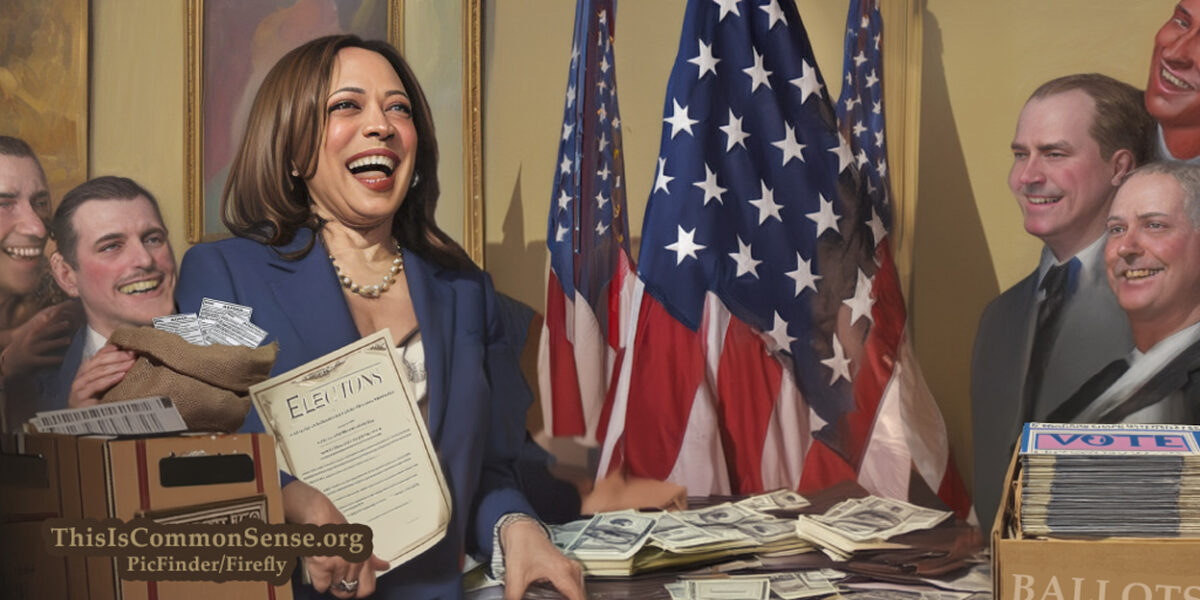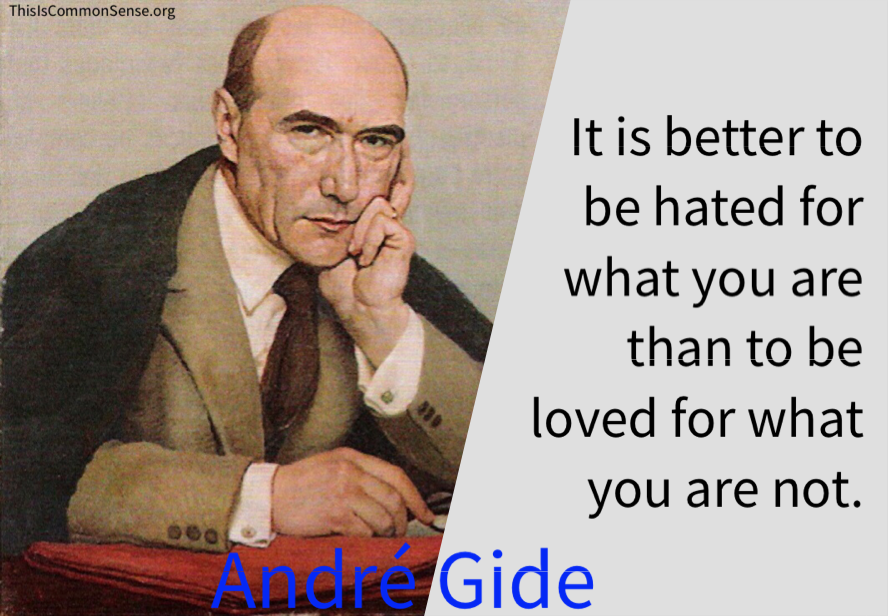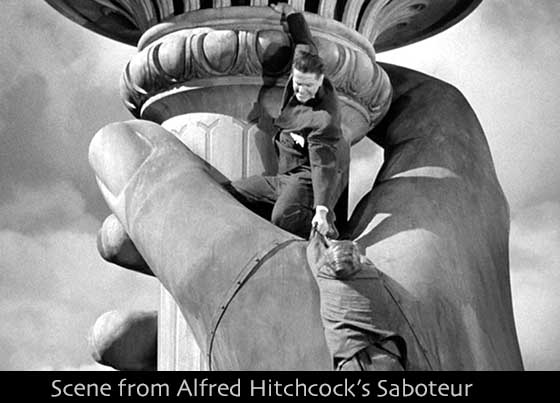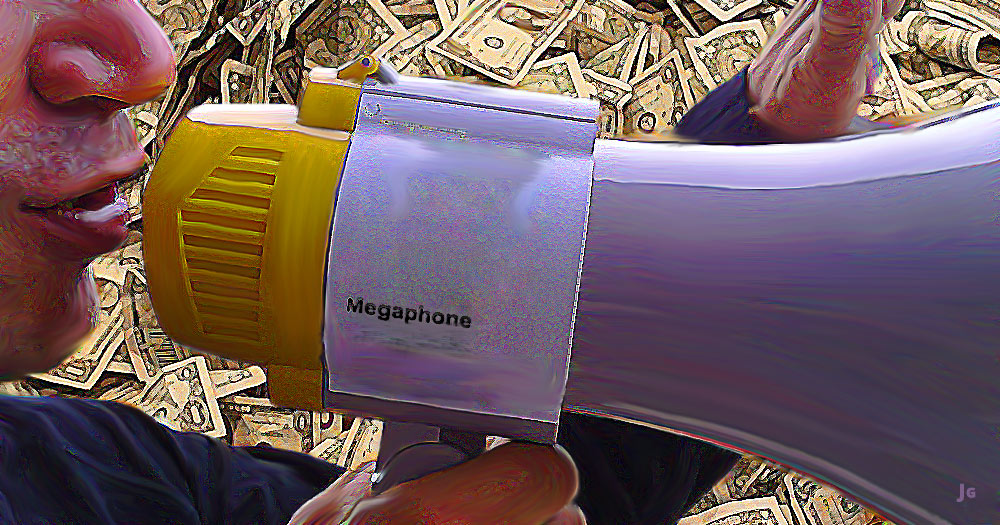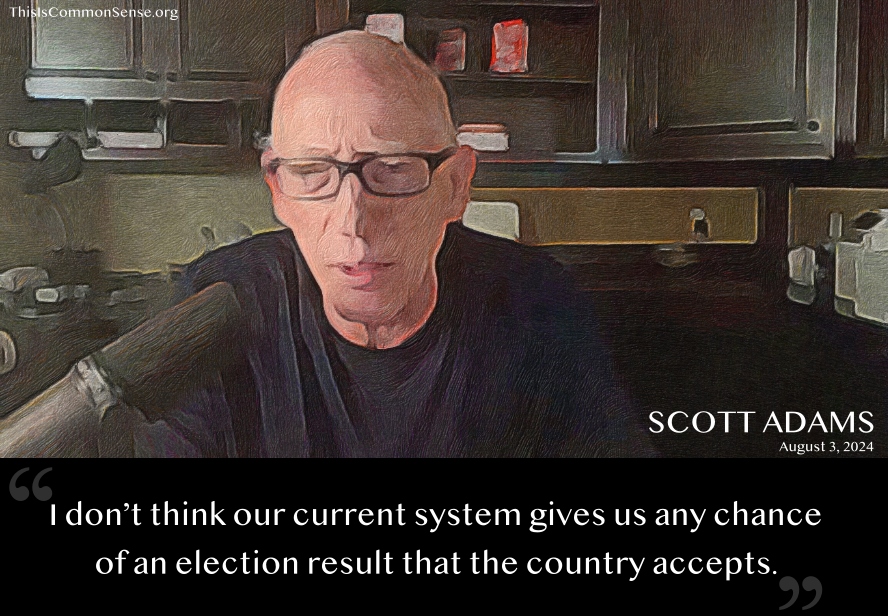How did Kamala Harris vote?
The Vice President’s hometown of San Francisco is one of 17 cities that allow noncitizens to vote in local elections. Like 75 percent of those cities (according to verify.com), the City by the Bay also offers that vote to noncitizens in the country illegally.
Not included in this list of cities is New York City, as the Big Apple’s measure providing the vote to nearly a million noncitizens is still being battled in court. Or Boston, which only awaits approval by the Massachusetts Legislature.
Neither are Telluride, Colorado, nor Yellow Springs, Ohio, on the list. Voters in both states, in 2020 and 2022, respectively, passed statewide constitutional amendments to say only U.S. citizens can vote in all state and local elections, canceling those local ordinances. Beginning in 2018, six states have enacted Citizen Only Voting Amendments, and eight more states will vote on them this November.
Back in 2016, San Franciscans narrowly passed Proposition N giving noncitizen parents and caregivers, legally documented or not, voting rights in school board elections. Harris had been prosecuting attorney in San Fran before becoming California’s attorney general. As AG, Ms. Harris ran for the U.S. Senate and would have gone to vote for herself on Election Day 2016 … and on Prop N.
Surely, she didn’t forget to vote on the proposition. Right?
So, how did she cast her ballot: in favor of providing noncitizens here illegally the franchise? Or not?
If she ever does a non-scripted interview, perhaps an enterprising journalist might pop that question. Or perhaps a voter in swing states such as North Carolina and Wisconsin — where Citizen Only Voting Amendments are on the ballot — will ask Vice President Harris.
Answer, please.
This is Common Sense. I’m Paul Jacob.
Illustration created with PicFinder and Firefly
—
See all recent commentary
(simplified and organized)
